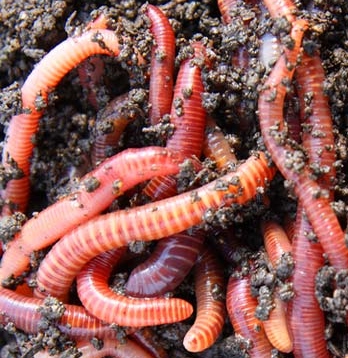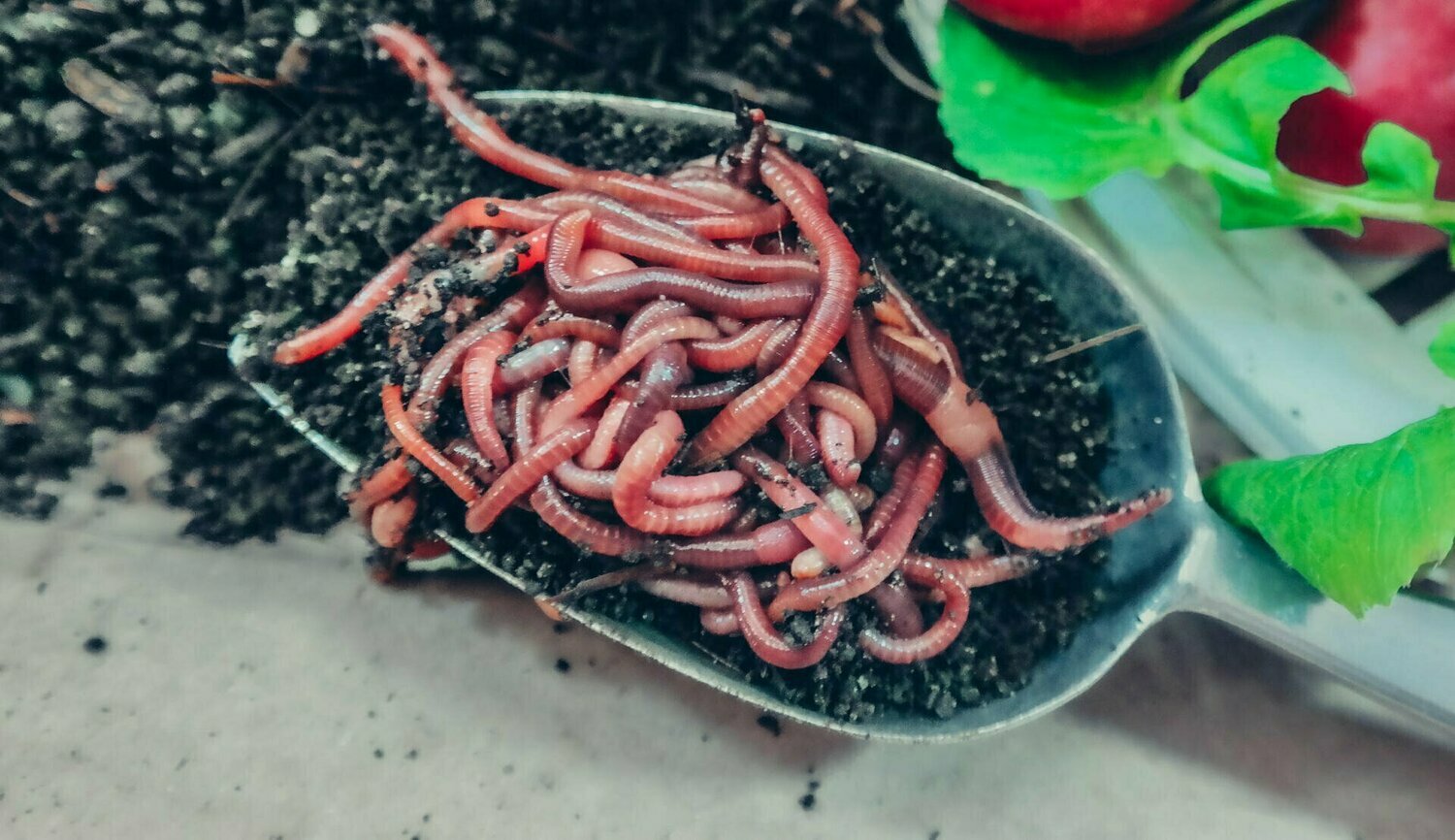Red worms: Everything you need to know
Wiki Article
Why Red Wigglers Are Vital for Chemical-free Farming
Red wigglers play a critical role in chemical-free farming, mostly through their one-of-a-kind capability to break down organic products and improve dirt health. Their task not only enhances the soil with necessary nutrients yet additionally promotes a thriving ecosystem vital for sustainable agriculture. In addition, the physical processes they take part in, such as oygenation and dampness retention, contribute considerably to enhanced crop returns. However, the level of their influence on farming techniques and soil biology elevates interesting inquiries about the future of chemical-free farming. What implications might this have for farming methods?Duty of Red Wigglers in Dirt Health

In addition, red wigglers enhance soil framework by creating networks as they tunnel. These networks improve oygenation and water infiltration, advertising a healthier origin atmosphere. Their task likewise aids in preserving optimal wetness levels, which is important for healthy plant development.

Advantages of Worm Spreadings
Worm castings, the nutrient-rich excrement generated by red wigglers, work as an effective change for natural farming. These spreadings are teeming with necessary nutrients such as nitrogen, phosphorus, and potassium, which are vital for plant development. Unlike synthetic fertilizers, worm spreadings launch nutrients slowly, supplying a constant supply with time and reducing the threat of nutrient leaching and overflow.Additionally, worm castings improve soil framework and aeration, advertising healthier origin systems. Their high raw material material boosts wetness retention, enabling plants to much better endure drought problems. Furthermore, worm spreadings include advantageous microbes that support plant wellness by reducing microorganisms and improving nutrient uptake.
The application of worm castings can bring about enhanced plant yields and enhanced top quality of produce, making them a very useful resource for natural farmers. Their usage also aligns with sustainable farming techniques, adding to dirt fertility without the adverse environmental effects related to chemical plant foods. On the whole, the unification of worm spreadings into agricultural techniques fosters a much more resistant and productive community, emphasizing the importance of red wigglers in organic farming systems.

Enhancing Nutrient Biking
(red wiggler compost bin)Nutrition biking is a crucial procedure in natural farming, and the integration of red wigglers plays an essential role in improving this cycle. As red wigglers consume decomposing natural matter, they secrete nutrient-rich castings, which are brimming with beneficial microbes.Additionally, red wigglers help to accelerate the mineralization of nutrients, transforming them from inert kinds into bioavailable types that plants can take in. This procedure is important for keeping dirt fertility and promoting healthy crop growth. The existence of red wigglers additionally urges a diverse soil community, promoting an equilibrium of nutrients that sustains numerous plant varieties.
Improving Soil Structure
The enhancement of soil structure is important for promoting a healthy and balanced farming environment, and the task of red wigglers dramatically contributes to this improvement. These earthworms play an important function in aerating the soil and creating a network of channels that facilitate water infiltration and root penetration. As they delve via the dirt, red wigglers separate compressed layers, permitting far better oxygen exchange and advertising microbial Visit Website task.Moreover, the raw material produced from their waste, called vermicast, enhances dirt gathering. This procedure produces steady clumps of soil particles, improving soil porosity and decreasing erosion (red wigglers). The presence of red wigglers additionally motivates the advancement of useful fungal networks, which are important for nutrient uptake by plants
Encouraging Sustainable Practices
Incorporating red wigglers right into organic farming practices not just boosts soil health yet additionally promotes sustainable farming techniques. These earthworms play an important role in vitamins and mineral biking, transforming natural waste into valuable garden compost that enhances the soil. By making use of red wigglers, farmers can successfully decrease dependence on synthetic plant foods, thereby lessening chemical runoff and its destructive impacts on communities.Furthermore, the unification of red wigglers encourages the technique of recycling natural materials, such as cooking area scraps and farm waste. This waste decrease technique not just reduces disposal costs yet also promotes a closed-loop system where nutrients are continuously gone back to the soil (red wigglers). Such methods are necessary in reducing climate adjustment, as they improve carbon sequestration and lower greenhouse gas emissions
Moreover, red wigglers enhance water retention in the dirt, which is essential in times of dry spell. Their burrowing activities produce networks that permit water to penetrate much deeper right into the ground, thus promoting reliable water usage. Ultimately, incorporating red wigglers into chemical-free farming not just sustains biodiversity but also lines up with the concepts of lasting agriculture, providing an all natural approach to food production.
Verdict
In final thought, red wigglers play a vital duty in natural farming by substantially improving soil health and wellness and fertility. Therefore, the integration of red wigglers right into agricultural practices is vital for promoting sustainability and improving total dirt top quality.Report this wiki page